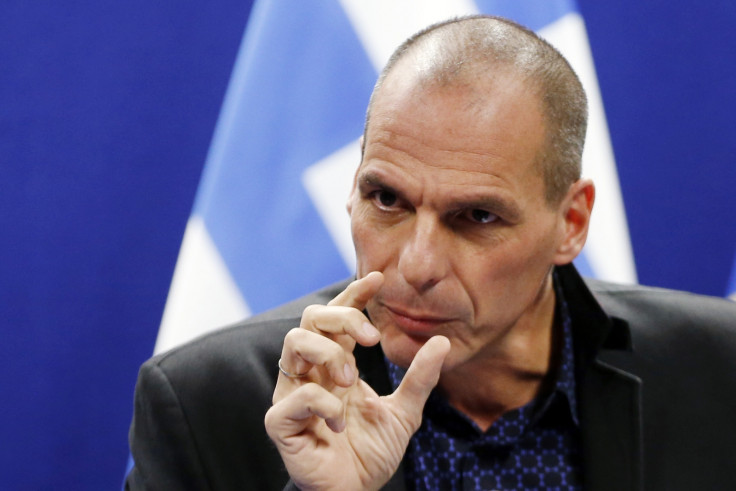Greece debt crisis: US economist defends Yanis Varoufakis over Grexit plan

Former Greek finance minister Yanis Varoufakis's contingency plan to create liquidity in the event of emergency funding being cut off to the country's banks was "precautionary troubleshooting", a top US economist who was part of the planning team says.
James K Galbraith, a professor of government at the University of Texas and long-time friend of Varoufakis, also distanced himself from plans to introduce a parallel banking system in Greece if the country was forced to exit the eurozone and return to the drachma.
Varoufakis resigned over the cash-for-reforms deal Prime Minister Alexis Tsipras agreed with international creditors last month and has since been highly critical of the bailout agreement, comparing it to the Treaty of Versailles.
But Galbraith, who was part of a five-man planning team formed by the former finance minister to look into alternative plans, defended his friend as a man who had remained committed to keeping Greece inside the euro throughout his six-month tenure.
"I've never seen anyone work so hard or so selflessly on behalf of his country," he told the Telegraph newspaper.
'Not involved in negotiations'
The US economist, who described his work on the contingency 'Plan B' as "precautionary troubleshooting", added: "We were content to stay completely out of view. It was a situation where any leaks would have done harm, and so we proceeded carefully with that very much in mind.
"No leaks occurred, we were not involved in any policy discussions and we had no role in the negotiating strategy."
Galbraith said a separate Varoufakis plan to create a parallel banking system could have been "implemented within the eurozone and had no implications for the exit strategy".
"It would have facilitated payments between the state and its counterparties and possibly could have been extended to private sector liquidity," he claimed.
Varoufakis is facing criminal charges in Greece over the covert plans but Galbraith said he did not expect to be extradited and prosecuted by Greek authorities.
"If questions come my way I'll be happy to answer them," he said.
"We will see what happens, but I would be surprised if there is anything more than a fact-finding mission [from Greek authorities] at this stage."
Meanwhile, the Athens Stock Exchange is set to reopen on 3 August after a five-week closure, with analysts widely expecting Greek shares to plummet.
"The possibility of seeing even a single share rise in tomorrow's session is almost zero," Takis Zamanis, chief trader at Beta Securities, was quoted as saying by the Guardian newspaper.
© Copyright IBTimes 2025. All rights reserved.






















